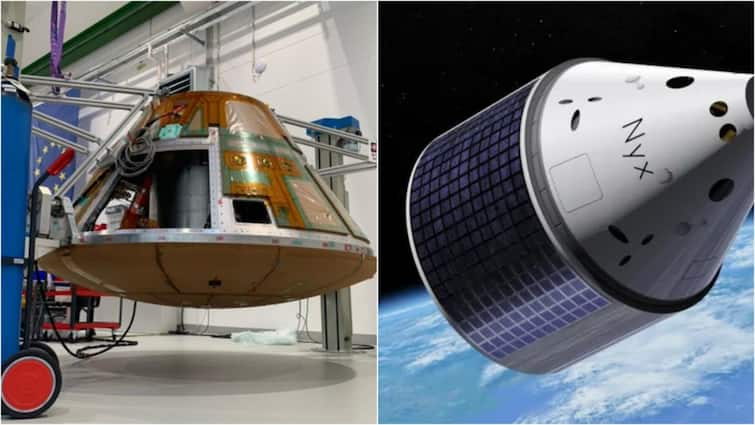In a dramatic turn of events, a space capsule carrying the ashes of over 160 people and a batch of cannabis seeds met a tragic end after plummeting into the Pacific Ocean during its return to Earth.
Launched on June 23 by The Exploration Company (TEC), a German aerospace startup, the Nyx capsule was on a mission dubbed “Mission Possible.” The flight marked a significant moment for many families who had partnered with Celestis — a Texas-based space burial firm — to send their loved ones’ remains on a symbolic journey beyond Earth.
Initially, all seemed to go well. The capsule completed two full orbits around the planet, offering a brief but poetic voyage through space. But just minutes before it was expected to splash down, communication with Nyx was suddenly lost.
Charles M. Chafer, co-founder and CEO of Celestis, confirmed the heartbreaking outcome on the company’s website:
“An anomaly occurred, and the vehicle was lost shortly after re-entry… The Nyx capsule impacted the Pacific Ocean and dispersed its contents at sea.”
The loss means the capsules carrying the cremated remains — and the experimental cannabis seeds from citizen science initiative Martian Grow — are unrecoverable.
TEC echoed the disappointment in a statement posted on LinkedIn, noting the capsule had launched successfully, stabilized post-separation, and even re-established communication after the expected blackout during re-entry. Still, contact was abruptly severed in the final moments before splashdown.
“To all our clients who entrusted us with their payloads, we offer our deepest apologies,” TEC wrote.
For Celestis, this was a first-of-its-kind mission — a return flight. Previous missions had taken ashes to space or deep space, but Nyx was designed to bring the capsule back to Earth. The endeavor carried both technical ambition and deep emotional significance.
Chafer acknowledged the weight of the loss:
“While there were many successful milestones — launch, orbit, and controlled reentry — this was our first attempt to return. No technical achievement can substitute the personal meaning this service holds.”
Despite the setback, both TEC and Celestis remain determined. TEC said it is already analyzing the anomaly to prepare for future missions, emphasizing that such risks are part of pushing boundaries in space innovation.
As for the families involved, Celestis is offering support and next steps, encouraging them to take solace in the knowledge that their loved ones became part of an extraordinary, if bittersweet, voyage — circling the Earth before coming to rest in the vast expanse of the Pacific Ocean, much like a traditional sea scattering.
“We remain committed to serving with transparency, compassion, and care,” Chafer affirmed.
